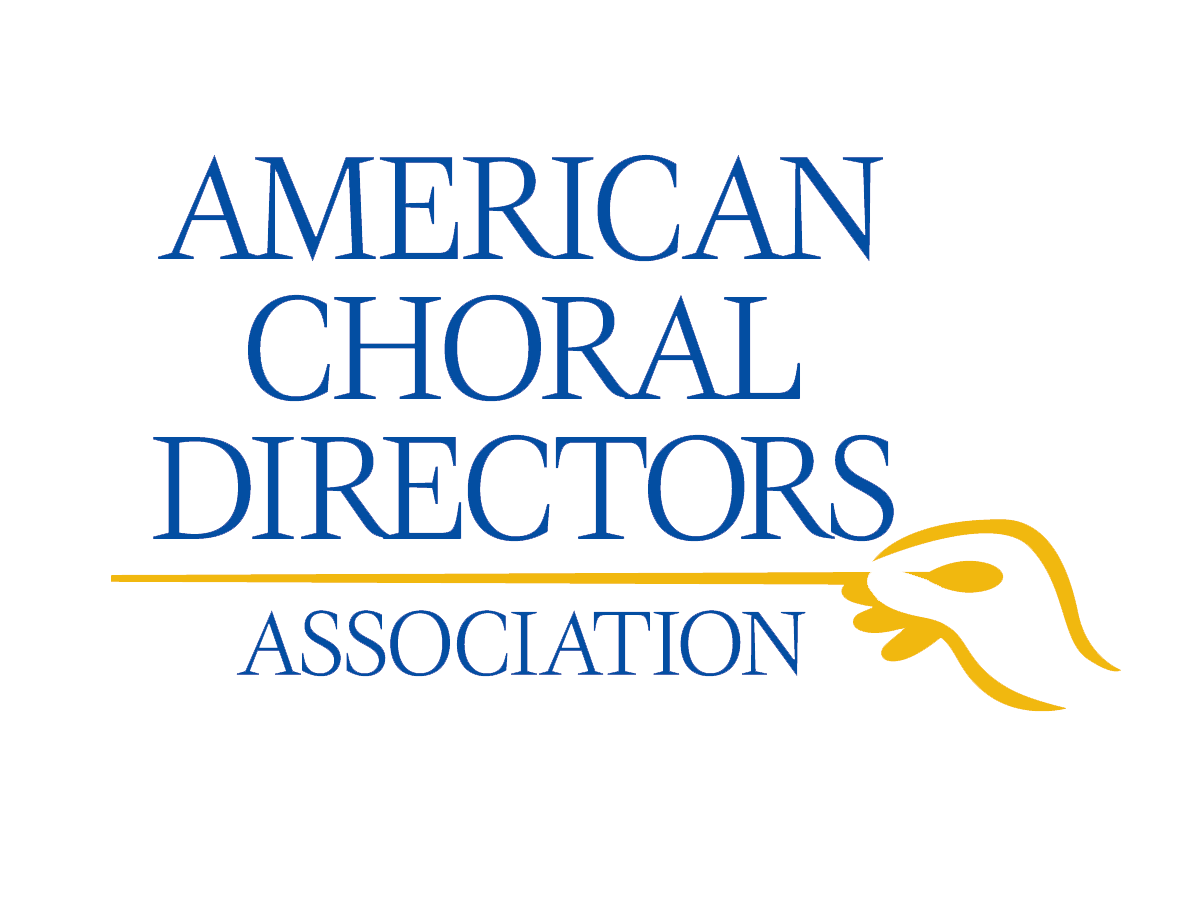The purpose of this case study was to document undergraduate students’ (N = 2) voice use before, during, and after an intensive week of choral and musical theatre rehearsals through (a) acquired voice dosimeter data; (b) daily surveys, (c) participant activity logs, (d) 3 administrations of the Singing Voice Handicap Index (SVHI), and (e) administrations of the Keirsey Temperament Sorter. Two female students (pseudonyms Kathy and Melissa) wore dosimeters during waking hours for 9 days, including two baseline days prior to an intensive rehearsal week, a five day week in which they participated in a total of 39+ hours of choral and musical rehearsals, and two baseline days one week after the intensive period. Mean phonation time dose percentages (Dt) for both participants during the intensive week (Kathy 18.53%; Melissa 13.76%) exceeded mean Dts during pre and postbaseline days (6.94%; 10.86%). Likewise, mean daily distance doses (Dd) during the intensive week (Melissa 7,216m; Kathy 10,608m) exceeded mean daily Dds during the baseline periods (2,469m; 5,236m). Phonation doses were disaggregated by choir rehearsals, musical rehearsals, and non-rehearsal time. Daily surveys of vocal health evidenced declines in at least six of nine areas between Monday and Friday of the intensive week for both participants. However, SVHI results showed that Kathy, a self-described introvert, experienced an increase in perceived voice handicap between the pre-baseline period and the intensive week while Melissa, a self-described extrovert, perceived less voice handicap. Results and suggestions for further study are discussed in terms of voice use expectations for these participants and possible relationships among voice use, perceptions of fatigue, and personality traits.
You are here: Home / IJRCS / Undergraduate Singers’ Voice Use During an Intensive Week of Choir and Musical Rehearsals: A Case Study


